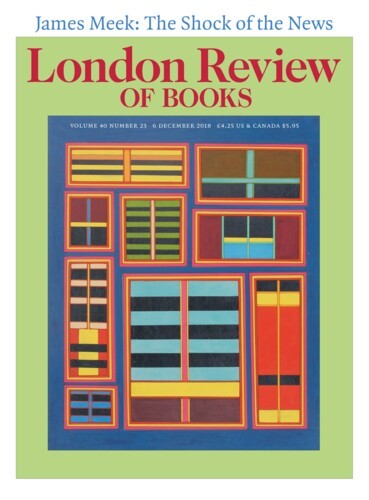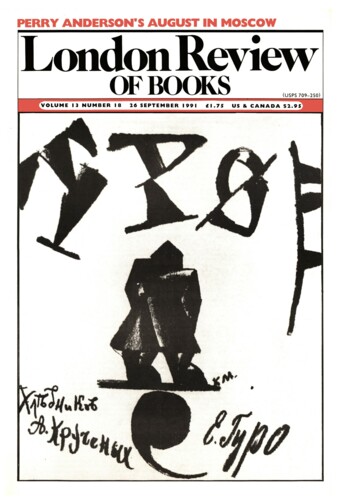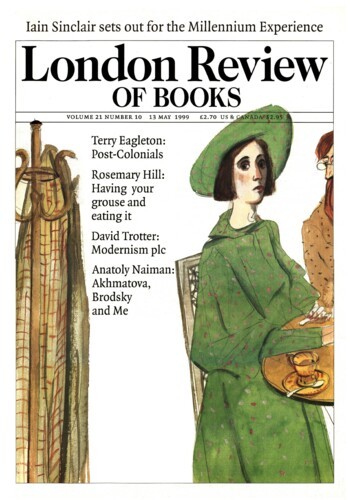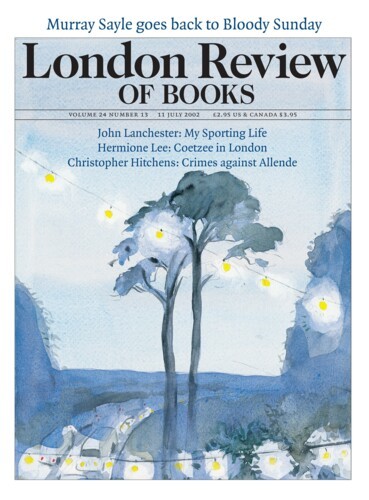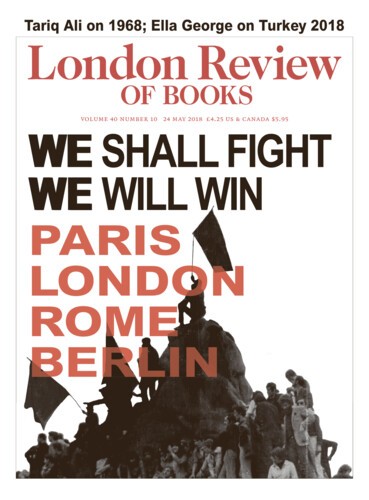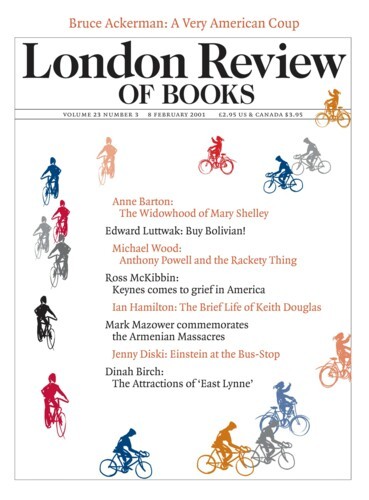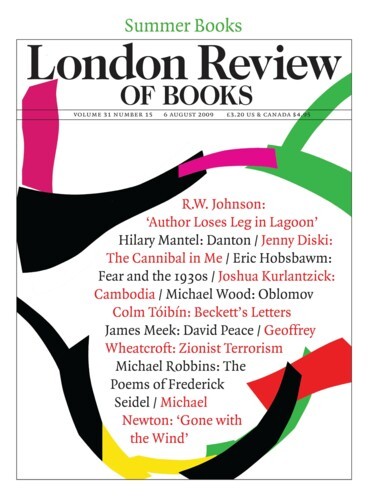‘What a man this is, with his crowd of women around him!’: Springtime for Robespierre
Hilary Mantel, 30 March 2000
Robespierre thought that, if you could imagine a better society, you could create it. He needed a corps of moral giants at his back, but found himself leading a gang of squabbling moral pygmies. This is how Virtue led to Terror.

